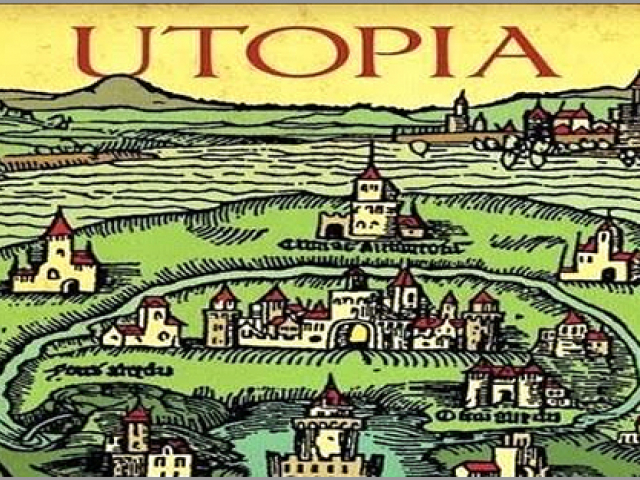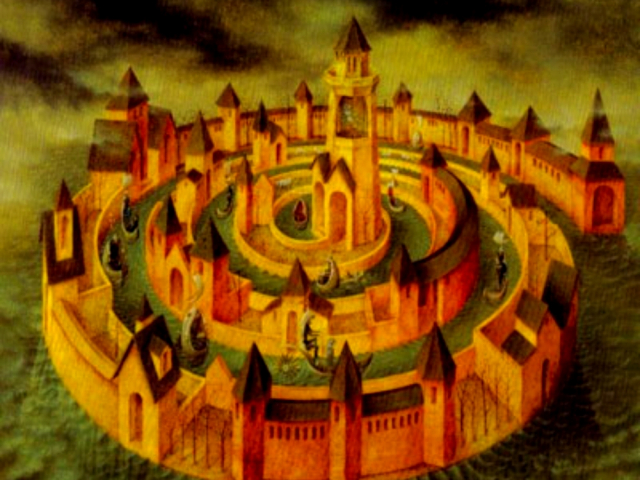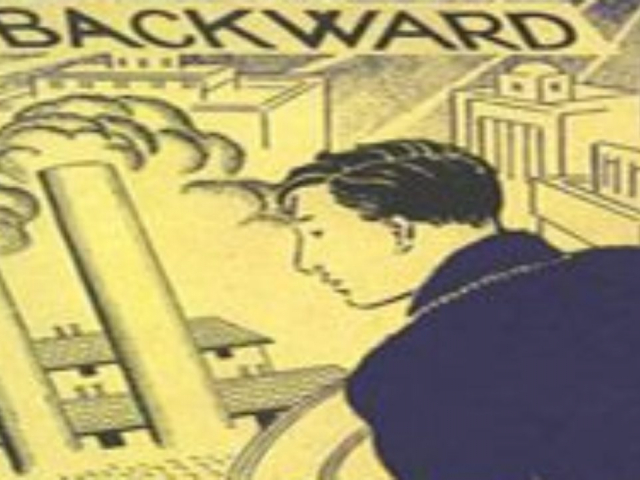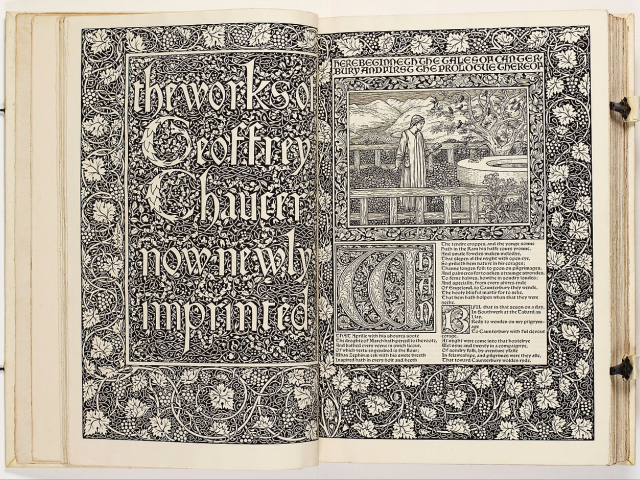
Utopia by Thomas More, 1516
Thomas More, an English politician and humanist, described an extraordinary world in his book which focused on a fictional island Utopia where there was no private property, and benefits were distributed according to the needs of its inhabitants. Labour on this island is a common responsibility. Researchers know for sure that Thomas More wrote about his perfect world relying on Plato's work The Republic. Thereafter, Utopia became a household name.

The City of the Sun by Tommaso Campanella, 1602
In his book The City of the Sun, Tommaso Campanella continued to develop Thomas More’s ideas. A sailor is the narrator in the story who ends up in a mythical city where people live a religious order life. The city’s inhabitants are called the Solarians. They live by simple laws carved on the walls of the temple’s doors. Here, the punishment is applied to coward, negligent, and proud people. The state is in charge of upbringing children. The life purpose in the City of the Sun is intellectual and social improvement of a person.

New Atlantis by Francis Bacon, 1627
In his New Atlantis, Francis Bacon attempted to create an ideal state centered around efficient power mechanism as well as science and human thought development. The English philosopher paid special attention to science seeing it as the main engine of progress and the greater good. In the novel, the men of science are those who run the technocratic world. Some of Bacon’s visions are considered to be prophetic such as aviation, cinematography, undersea boats, genetic engineering, television, and cryogenics.

Looking Backward by Edward Bellamy, 1888
Edward Bellamy offered an amazing version of utopia to humanity. His book describes equality and prosperity. Bellamy’s utopia is no place for commodity and money relations, as well as crime. In this new socialist world, art is used for therapeutic purposes, and an improved education system nurtures altruism in people, where the flourishing of technology makes it all possible. However, the state tightly controls the privacy of its citizens. Looking Backwards became very popular among contemporary readers.

News from Nowhere by William Morris, 1890
In his book, artist and socialist William Morris contradicted the ideas from Bellamy’s Looking Backward. The main character of the book appears in communist England of the future where everything is based on equality and harmony with nature. The key difference of Morris’ utopia is attitude to labour which becomes a goal in itself. Here, handicraft is advancing and people live in communities. The state and marriage become unnecessary. Creative passion is the work incentive in the novel.
 Български
Български 
 Русский
Русский English
English Bahasa Indonesia
Bahasa Indonesia Bahasa Malay
Bahasa Malay ไทย
ไทย Español
Español Deutsch
Deutsch Français
Français Tiếng Việt
Tiếng Việt 中文
中文 বাংলা
বাংলা हिन्दी
हिन्दी Čeština
Čeština Українська
Українська Română
Română
